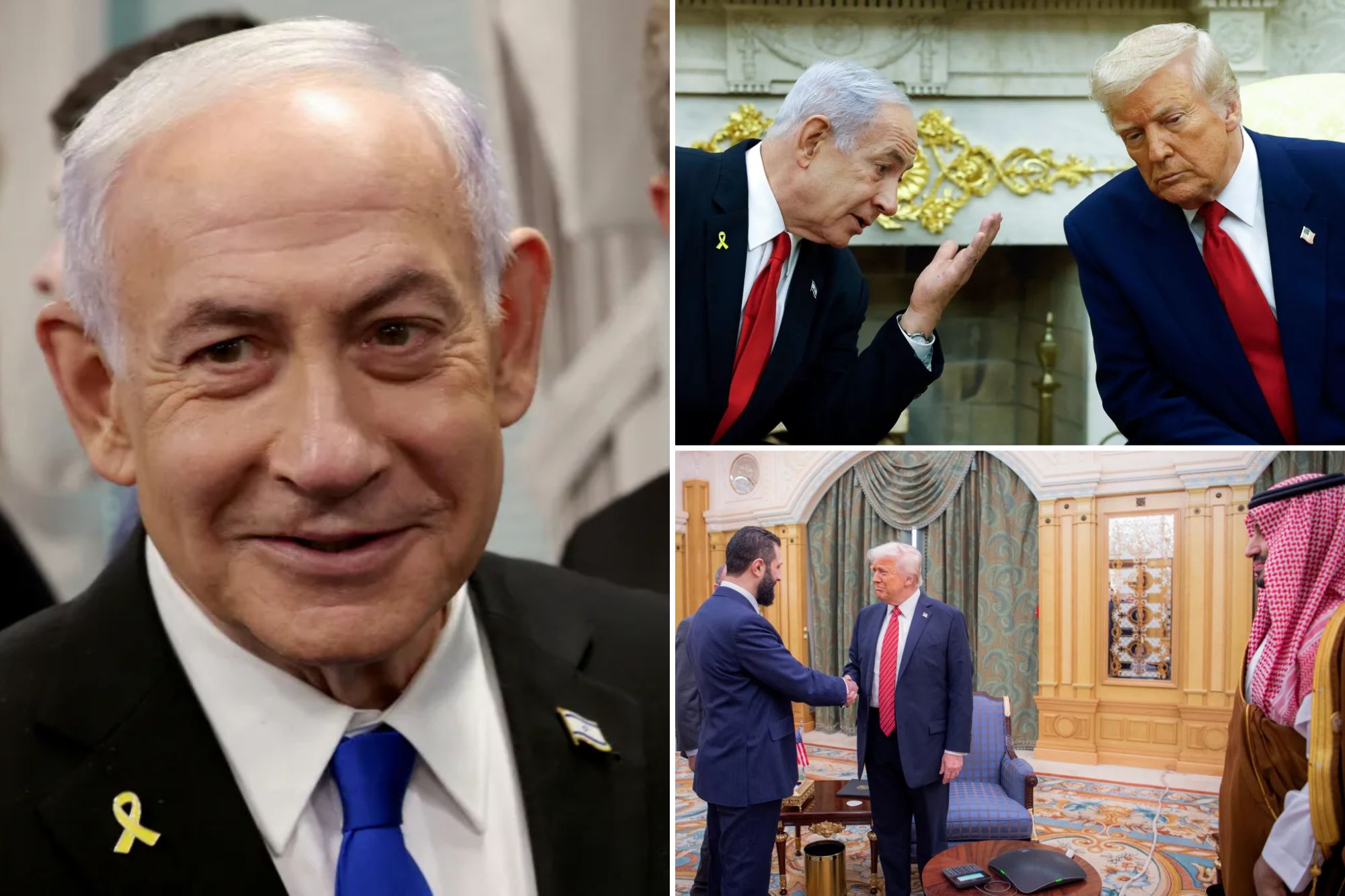Israeli Prime Minister Benjamin Netanyahu faces growing frustration from officials in the Trump administration over his recent military actions, which have been labeled as reckless and counterproductive. A report from Axios highlights the tension between Netanyahu’s aggressive strategies in the Middle East and President Trump’s diplomatic efforts to stabilize relations in the region.
In the past week, Netanyahu authorized a series of airstrikes in Syria, including an attack targeting a Syrian envoy destined for Suwayda, where violence among local factions has escalated. This comes despite Trump’s focus on reducing U.S. military involvement abroad, a cornerstone of his presidency during this term. Secretary of State Marco Rubio has expressed concerns that the ongoing violence could lead to a full-scale civil war in Syria and has urged Israel to reconsider its military approach.
During a meeting with Syrian President Ahmed al-Sharaa in May, Trump aimed to thaw relations with Syria, which have been strained for years due to the country’s ties with extremist groups. The recent military actions by Israel have complicated these diplomatic efforts. An official from the White House remarked, “The bombing in Syria caught the president and the White House by surprise,” emphasizing that such actions undermine the peace initiatives Trump is attempting to implement.
After Netanyahu’s bombing campaign continued, Rubio publicly demanded that Israel cease its military activities in Syria. This led to a temporary ceasefire, which remains in effect. The situation is delicate, as U.S. allies in the region, including Turkey and Saudi Arabia, have raised concerns about Israel’s aggressive stance.
The tension escalated further with Israel’s bombing of a church in the Gaza Strip, resulting in three fatalities and ten injuries. Following this incident, Trump directly contacted Netanyahu for an explanation, underscoring the U.S. government’s discontent. In response to the international outcry, Israel issued a statement expressing remorse for the attack.
These incidents are not isolated; they reflect a broader pattern of conflicts between the Trump administration and Israel. One significant flashpoint was the killing of Palestinian American Saif Mussallet by Israeli settlers, which was condemned by U.S. Ambassador to Israel Mike Huckabee as an act of terrorism. Historically, Huckabee has been a staunch supporter of Israel, highlighting the complexity of the current diplomatic landscape.
Netanyahu’s recent actions come on the heels of a warm reception during his visit to the White House, where he praised Trump and proposed nominating him for the Nobel Peace Prize. Despite this apparent camaraderie, Trump administration officials have expressed frustration, suggesting that Netanyahu’s decisions are often driven by domestic political considerations rather than strategic regional stability. One official expressed that “the Israelis need to get their head out of their asses,” reflecting the exasperation felt within U.S. diplomatic circles.
Long-standing tensions between the U.S. and Israel have persisted, with former Presidents Barack Obama and Joe Biden also experiencing conflicts with Netanyahu. Trump has occasionally indicated his own grievances, particularly regarding the October 7, 2023, Hamas attack, which occurred during Netanyahu’s leadership, and his frustrations over Netanyahu’s changing positions on military cooperation.
Despite the evident tensions, the Trump administration has refrained from publicly criticizing Netanyahu, maintaining a diplomatic façade. The White House has not commented on requests for clarification regarding these issues. As the situation evolves, the balance between diplomatic engagement and military action remains a critical challenge for both the U.S. and Israel in the pursuit of peace and stability in the Middle East.






































































